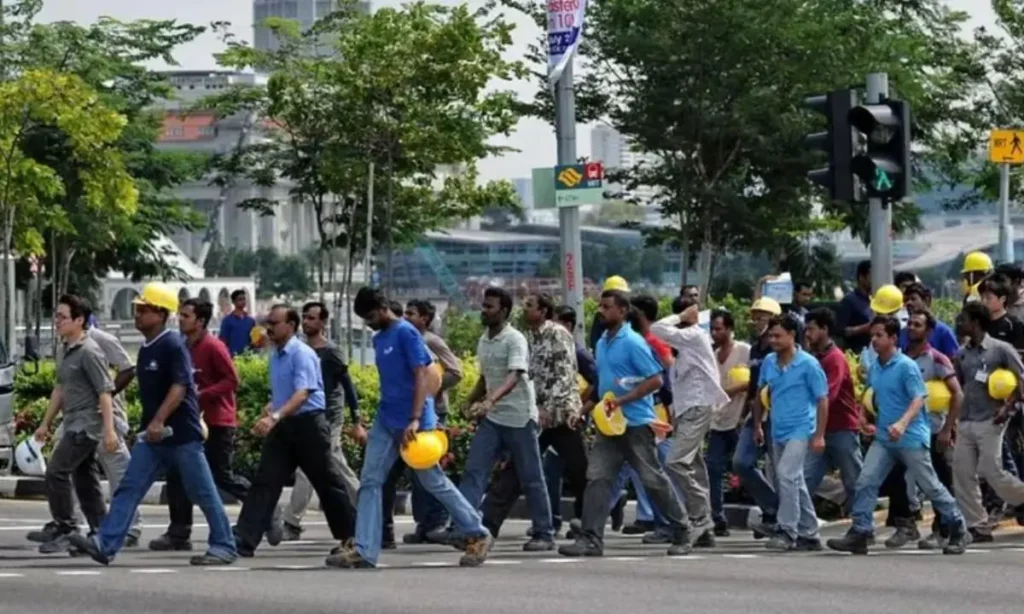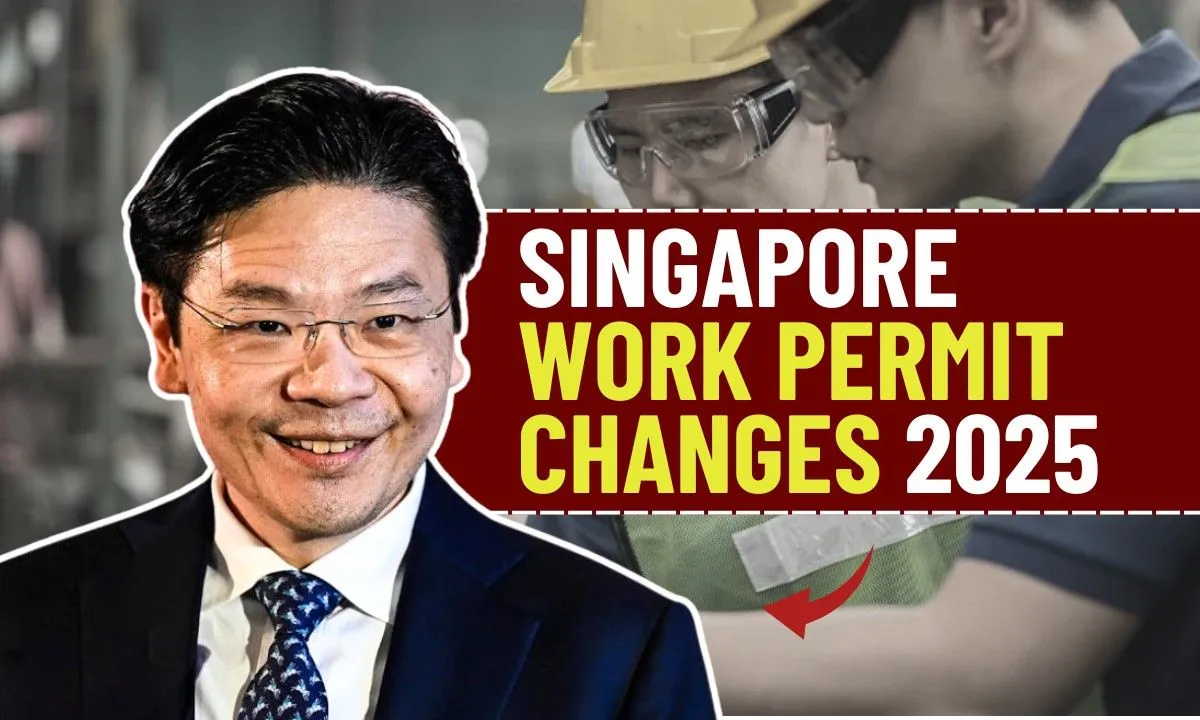Singapore is preparing for big changes to its work permit system in 2025. The new rules, announced by the Ministry of Manpower (MOM), are part of the government’s long-term plan to ensure fairer hiring practices, attract more skilled professionals, and provide better opportunities for local workers. Both employers and foreign job seekers will need to understand these changes to avoid setbacks and take advantage of the new system.
Why the Work Permit Rules Are Changing
Singapore’s economy has been evolving, with a growing demand for higher skills and greater productivity. At the same time, the government wants to reduce the country’s dependence on low-wage foreign labor.
The 2025 changes are aimed at creating a stronger, more competitive workforce while making sure Singaporeans remain at the center of the job market. By updating the rules, MOM hopes to encourage businesses to raise their standards in recruitment and training, while ensuring foreign workers bring real value to Singapore’s industries.
Higher Salary Requirements in Key Sectors
From 2025, the minimum qualifying salary for foreign workers in construction, marine, and manufacturing will be raised. This move is designed to attract workers with stronger technical expertise and to encourage employers to focus on productivity rather than relying on cheaper labor. For employers, this means offering more competitive pay if they want to hire foreign talent. For workers, it reflects Singapore’s shift toward rewarding skills and experience more than simply filling manpower gaps.
New Age and Qualification Criteria

The new framework also introduces age and education rules. Applicants for work permits must be under 50 years old and have relevant qualifications such as diplomas, trade certifications, or technical degrees. On top of that, they must be able to show proof of their work experience to ensure they are genuinely qualified for the roles they are applying for. These changes aim to build a younger, more adaptable workforce that has the technical knowledge needed for Singapore’s future economy.
More Responsibilities for Employers
Employers will now have to show that they made real efforts to hire Singaporeans before turning to foreign talent. This means providing evidence of advertising roles locally, attending career fairs, or documenting training initiatives for Singaporean staff.
Companies that cannot show proof may face delays or rejections when applying for work permits. This shift is intended to make sure businesses remain committed to nurturing local talent while still being able to tap into foreign expertise when it is truly necessary.
A Fully Digital Application Process
From 2025, all work permit applications will be made online through the MOM portal. This new process should be faster and more efficient, cutting down on paperwork and making applications more transparent.
However, it also means both employers and workers need to be extra careful with their submissions. Missing or inaccurate details could cause delays or lead to rejection. The digital system reflects Singapore’s move toward modern, secure, and reliable government services that make compliance easier while maintaining strict oversight.
What Employers Should Do Now
Businesses will need to review their hiring strategies ahead of 2025. Higher salaries must be factored into budgets, and HR teams will have to keep detailed records of local hiring efforts. Employers should also strengthen training for Singaporean employees to show MOM that they are committed to developing local talent. By preparing early, companies can ensure they meet the new requirements and continue to hire foreign workers without disruption.
What Foreign Workers Must Prepare For
Foreign workers hoping to work in Singapore under the new system must also plan ahead. They should focus on upgrading their skills and qualifications to meet the new thresholds. Having the right certifications and verifiable proof of work experience will be crucial. Those with technical expertise or skills in high-demand industries are likely to benefit the most, as employers will prioritize applicants who can meet the higher standards.
Building a Stronger Workforce for the Future
The 2025 work permit changes are more than just stricter rules. They are about building a fairer, more resilient, and future-ready workforce. For employers, it is an opportunity to invest in stronger HR practices. For workers, it is a reminder that skills and qualifications matter more than ever. To stay updated on official announcements and guidelines, both employers and workers should follow the Ministry of Manpower website. These updates will provide the latest details on how to navigate the changes smoothly.
In the end, the new work permit framework is about balance protecting opportunities for Singaporeans while keeping the door open for skilled foreign workers who can help drive the country’s growth.



